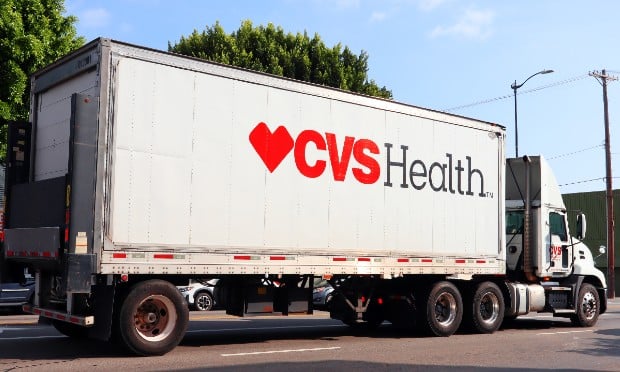 This year there have been atrifecta of government announcements regarding benefits programsdesigned specifically to help small business. They essentiallyloosen the regulatory reins on existing, proven programs. (Photo:Shutterstock)
This year there have been atrifecta of government announcements regarding benefits programsdesigned specifically to help small business. They essentiallyloosen the regulatory reins on existing, proven programs. (Photo:Shutterstock)
Small business is the backbone of the U.S. economy, with oversix million businesses representing 60 million employees. Yetsmall businesses have the most challenging pathto providing benefits for their employees.
High costs, inefficient management systems, and governmentregulation have all presented obstacles that have left the majorityof U.S. small business workers without employer-sponsoredbenefits.
Continue Reading for Free
Register and gain access to:
- Breaking benefits news and analysis, on-site and via our newsletters and custom alerts
- Educational webcasts, white papers, and ebooks from industry thought leaders
- Critical converage of the property casualty insurance and financial advisory markets on our other ALM sites, PropertyCasualty360 and ThinkAdvisor
Already have an account? Sign In Now
© 2024 ALM Global, LLC, All Rights Reserved. Request academic re-use from www.copyright.com. All other uses, submit a request to [email protected]. For more information visit Asset & Logo Licensing.








